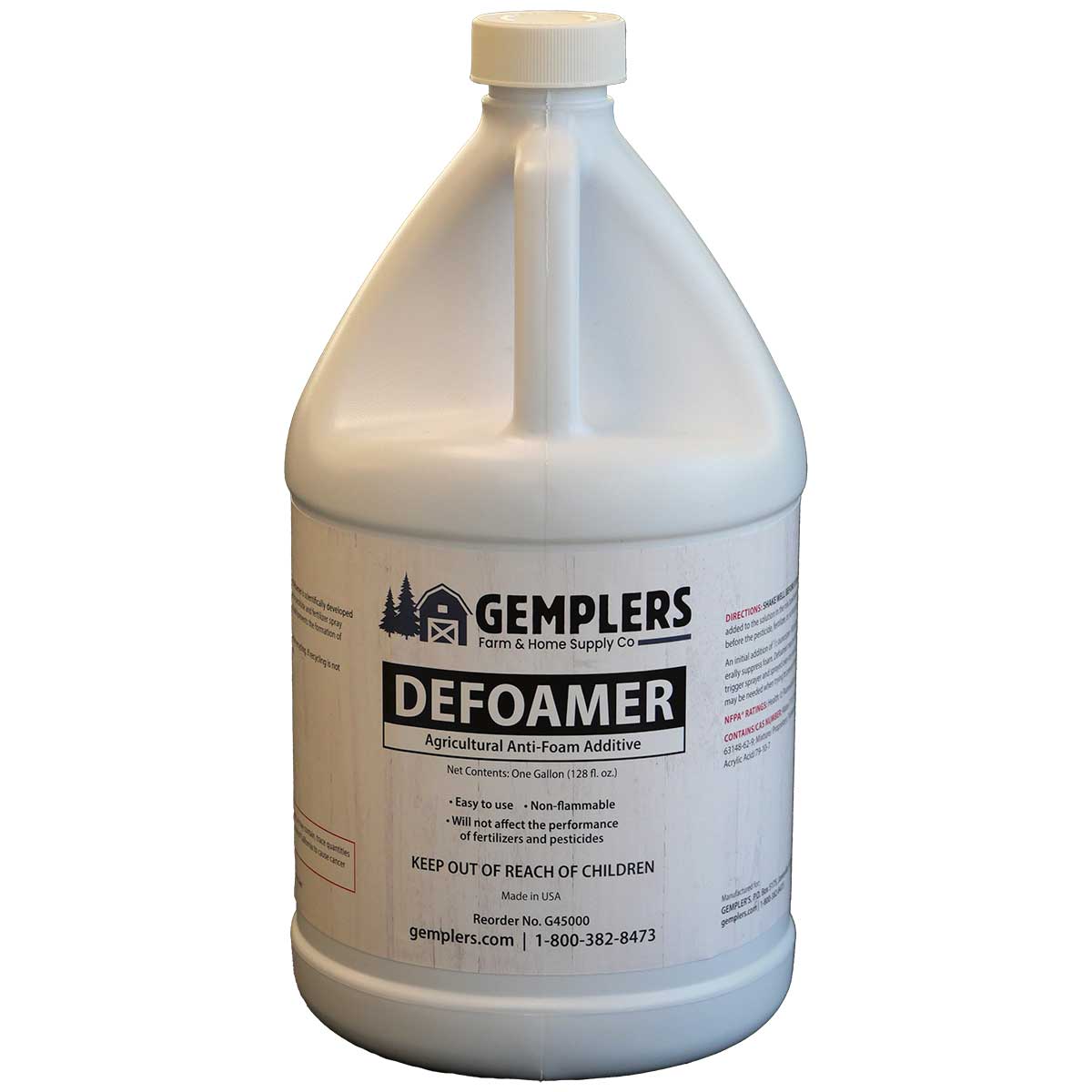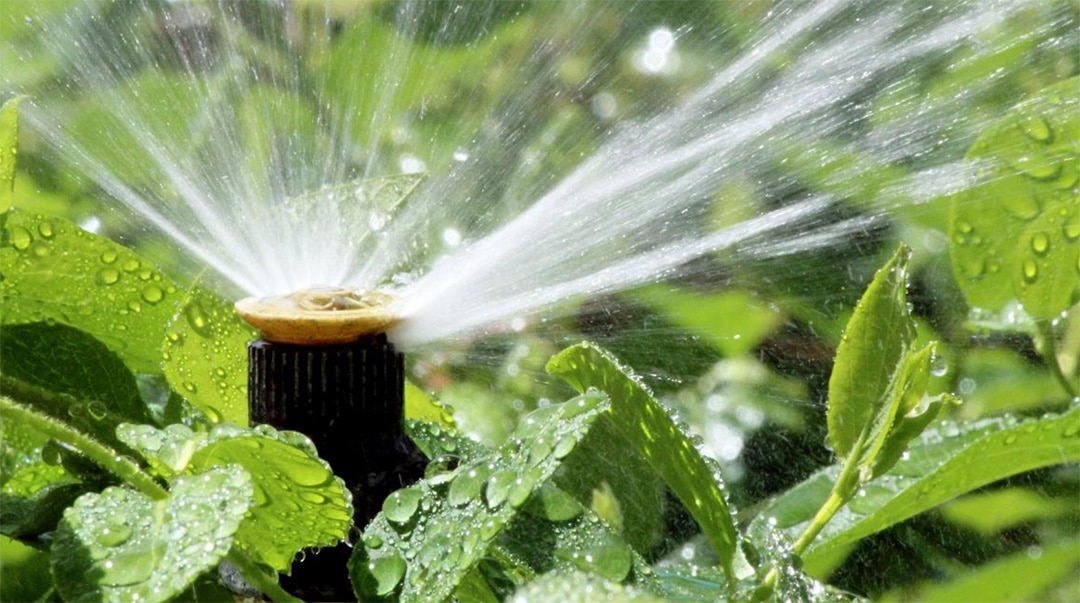Discover the Environmental Impact of Defoamers in Industrial Applications
Discover the Environmental Impact of Defoamers in Industrial Applications
Blog Article
The Duty of Defoamers in Enhancing Product Top Quality and Efficiency
In numerous making procedures, the visibility of foam can dramatically hinder item top quality and operational effectiveness. Defoamers offer as vital ingredients that reduce this problem, ensuring smoother production workflows while boosting the practical and aesthetic characteristics of the last items (defoamers). Their application covers a wide range of markets, from food and drink to pharmaceuticals, where consistency and dependability are paramount. The selection of the suitable defoamer can be important to achieving ideal outcomes, elevating essential concerns concerning formulation compatibility and performance metrics that warrant more exploration.
Understanding Defoamers
Comprehending the duty of defoamers is necessary for maintaining product quality across various industries. Defoamers are chemical additives designed to reduce and prevent the formation of foam in fluid systems, which can detrimentally impact processes such as mixing, filling, and surface area stress. Foaming can result in inadequacies, item flaws, and compromised aesthetic appeal, making defoamers a crucial component in manufacturing procedures.
In commercial applications, defoamers assist to enhance item consistency and security. The effective usage of defoamers not only makes certain smoother production processes however likewise adds to exceptional item performance.
Additionally, the selection and solution of a defoamer should straighten with specific application demands, such as compatibility with other components, performance under varying temperature level and pH conditions, and prospective governing restrictions. Inevitably, recognizing defoamers' functions and their value in various formulas is crucial for enhancing manufacturing and guaranteeing the best output.
Kinds Of Defoamers
Defoamers can be classified into several kinds based upon their make-up and mechanism of action. The main kinds include silicone-based, non-silicone organic, and inorganic defoamers.
Silicone-based defoamers are amongst one of the most reliable, mainly because of their capacity to spread out quickly on the liquid surface and interrupt foam development. Their one-of-a-kind chemical structure allows for exceptional stability, making them appropriate for high-temperature applications and settings with differing pH degrees.
Non-silicone natural defoamers, often composed of fatty acids or natural oils, are valued for their biodegradability and lower toxicity. These are normally made use of in food and beverage applications where safety and environmental effect are critical.
Inorganic defoamers, that include compounds like talc or calcium carbonate, act by boosting the thickness of the fluid, therefore lowering foam security. They are often made use of in commercial procedures where compatibility with other materials is not an issue.
Each sort of defoamer has distinct benefits and constraints, permitting tailored solutions depending on the details frothing problems experienced in various applications. Understanding these distinctions is vital for enhancing performance and achieving preferred item high quality.
Applications Across Industries
Numerous industries leverage defoamers to boost item quality and functional effectiveness. In the food and beverage field, defoamers are critical in procedures such as brewing and milk production to stop foam development, which can cause inefficiencies and item variance. By controlling foam, suppliers can guarantee far better yield and an extra uniform item.
In the pharmaceutical market, defoamers play an essential function in the solution of liquid drugs, where extreme foam can restrain mixing and exact dosing. Their usage aids preserve the honesty of the formulas and promotes smoother production procedures.
The paint and finishings sector also counts on defoamers to improve the performance of items during application. By reducing foam, these ingredients guarantee a smoother surface and boost the aesthetic high qualities of the end product.

Benefits of Using Defoamers
While the application of defoamers varies across markets, their benefits continually enhance product top quality and process efficiency. One substantial advantage is the reduction of foam development throughout making procedures, which can or else bring about manufacturing delays and variances in product quality. By reducing foam, defoamers enable a smoother circulation of products, helping with much more efficient procedures and minimizing the probability of equipment breakdowns.
Furthermore, making use of defoamers can improve the look and structure of end products. In markets such as finishings, paints, and food processing, too much foam can jeopardize the visual appearances and general quality, while the ideal defoamer application makes sure an uniform coating and desirable characteristics. In addition, defoamers can add to cost financial savings by decreasing waste throughout production and maximizing using basic materials (defoamers).

Choosing the Right Defoamer
Choosing the best defoamer is vital for maximizing manufacturing procedures and making sure item high quality. The option of defoamer influences not only the effectiveness of foam control but additionally the total efficiency attributes of the last product. Elements to consider include the this link kind of application, the chemistry of the solution, and the ecological conditions under which the product will certainly be utilized.
Different industries might call for certain defoamer types, such as silicone-based, organic, or polymeric defoamers. Understanding the compatibility of the defoamer with the key components is important to prevent unfavorable reactions that can jeopardize product honesty. Furthermore, the defoamer's efficiency in numerous temperature levels and pH levels must try this be assessed to ensure regular efficiency.
Examining the defoamer in small-scale applications can give important understandings into its efficiency and suitability. Consideration of governing compliance, specifically in food, pharmaceuticals, and cosmetics, is vital in selecting a defoamer. Eventually, a comprehensive analysis of these factors will bring about the selection of a defoamer that not just regulates foam efficiently however additionally enhances the high quality and efficiency of the end product.
Final Thought

Finally, defoamers are essential additives that dramatically boost product quality and performance across different markets. By successfully lowering foam formation, these agents not only enhance operational efficiency but likewise contribute to the practical and visual stability of items. The calculated option and application of defoamers bring about set you back financial savings, maximized source usage, and raised consumer satisfaction. In general, the significance of defoamers in industrial processes can not be overstated, as they play an essential duty in attaining high-grade and regular end results.
Lathering can lead to ineffectiveness, product issues, and endangered aesthetic appeal, making defoamers a critical part in producing operations.

Report this page